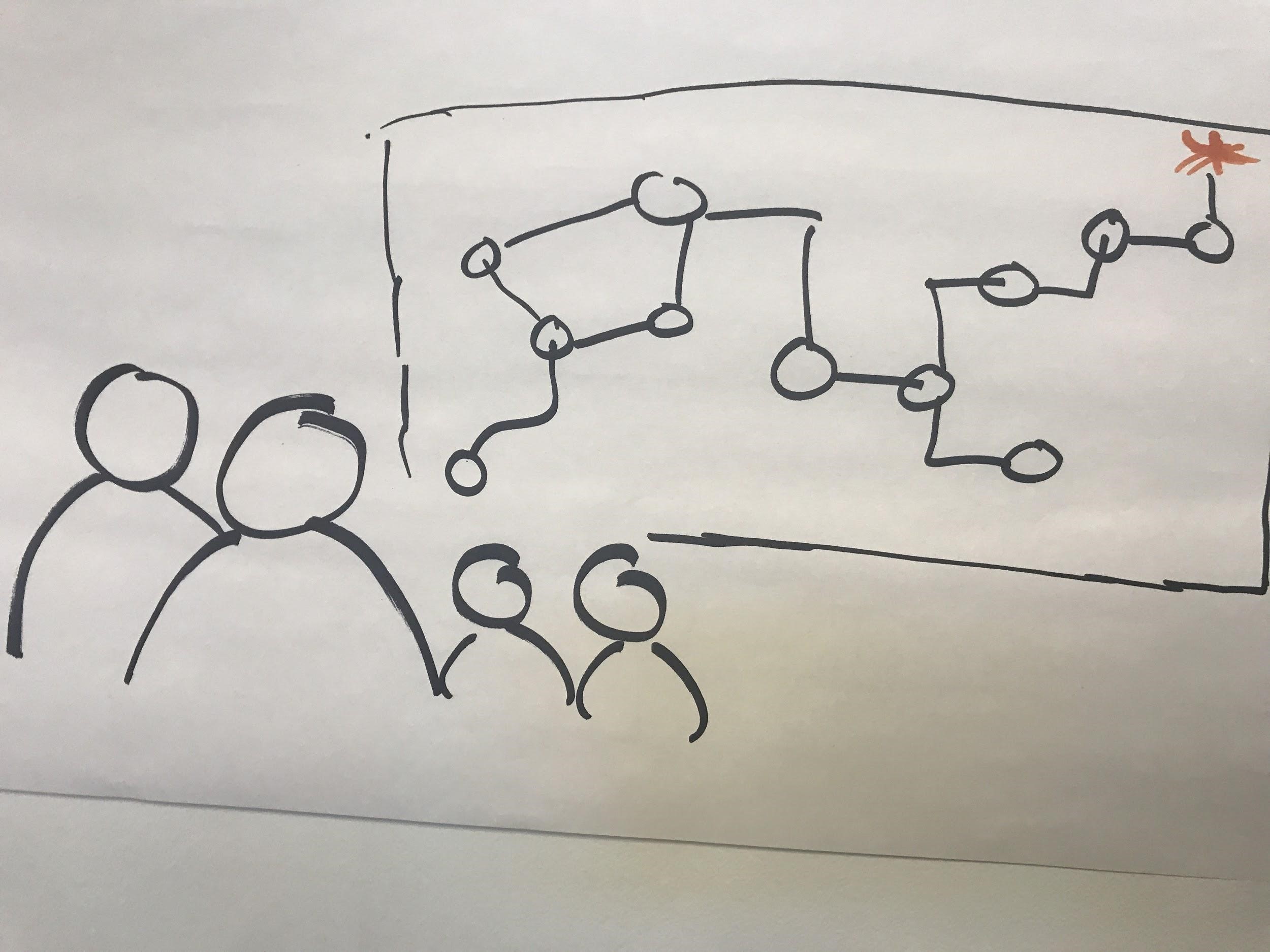There Is No Climate Justice without Racial Justice
Grassroots Black, Indigenous, and people of color organizers and activists have long recognized the connections between environmental justice and racial justice. Racist policies and practices including residential segregation, toxic waste pollution, and the seizing of Indigenous land have contributed to the disproportionate impact of environmental hazards and climate change on communities of color globally. And as leaders operating at the intersection of the two movements have made clear: there can be no climate justice without racial justice and vice versa.
Yet, despite the magnitude of both climate change and racial injustice, solutions to combat them are severely underfunded. Giving in support of climate change mitigation represents only 2% of philanthropic funding. According to the Philanthropic Initiative for Racial Equity, only one percent of philanthropic dollars in 2020 supported racial justice work.
Philanthropy has many options for ways in which to support racial and climate justice, and one of the most powerful philanthropic tools that should not be overlooked is investing in leaders from directly impacted communities who uniquely understand both the problems and the solutions needed to solve them. For 35 years, Echoing Green has identified and invested in proximate social innovators willing to challenge the status quo. Leaders like 2020 Echoing Green Fellow Brigitte Vicenty, who co-founded the Inner City Green Team with John Johnson. Inner City Green Team works to increase recycling rates, reduce the carbon footprint in New York City, and create hundreds of jobs for NYC Housing Authority (NYCHA) residents through a door-to-door recycling collection service.
Brigitte’s chance encounter with a teen living in a New York City Housing development helped her to recognize a problem and mobilize her community to assist with a better solution.
As she explains, “I quickly learned that NYCHA’s recycling program was virtually nonexistent and there were no other options. My soul was ignited to uncover the truth and I was compelled to think of a better solution, which was how my partner and I connected. We both come from disenfranchised groups that no one in the mainstream environmental community wanted to help. We were determined to pick up the mantle to lead the charge and disprove the stereotype that people who are marginalized are not interested in issues like recycling, climate change, and environmental justice.”
The solution that Vicenty and Johnson envisioned involved hiring teams of residents to go door-to-door collecting recyclables set out by tenants. Not only would this be a convenient way for residents to recycle; it would also be an efficient means of capturing and removing the recyclables from the buildings. Additionally, since a labor force would be required, much-needed jobs would be created for residents in their own communities.
Inner City Green Team’s pilot showed tremendous promise, revealing that recycling participation more than tripled, from 2% of households to 7.9%, with the highest per-building participation at 50%. More than 7 tons of recyclables were diverted from the waste stream during the pilot. An additional 10 tons of recycling have been diverted since the end of the pilot period.
This is just one story in a world of proximate leaders of color who are advancing intersectional and community-led solutions for climate change. But they urgently need an exponential increase in reliable and flexible funding to ensure that their efforts are sustainable.
Here are some steps we can take to meaningfully act against racial and climate injustice, resource communities on the frontlines, and achieve the vision of a more just, equitable, and sustainable world.
- Put intersectionality at the heart of your investment strategy–In order to tackle climate change and other global challenges, it is essential to center the perspectives, experiences, and solutions of BIPOC leaders who bring an intersectional lens to the work and uniquely understand the layered way that environmental issues affect their communities.Take, for example, 2021 Echoing Green Fellow Brandon Smith, the co-founder of The Forestry and Fire Recruitment Program (FFRP). Innovating at the intersection of environmental and criminal justice challenges in California, FFRP trains and connects formerly incarcerated individuals to professional careers in the wildland and forestry sector. Through their work, FFRP is addressing California’s growing wildfire season, filling the demand for firefighters, and creating economic opportunities for formerly incarcerated individuals.
- Fund grassroots efforts–Grassroots organizations are critical to advancing community-led solutions, creating powerful climate justice movements, and building healthy communities for all. As an early-stage funder, Echoing Green sees opportunity where others see risk. Leading with trust allows us to nimbly move money to frontline communities and systems-changers implementing sustainable solutions, like fellow and founder of Gulf Coast Center for Law and Policy (GCCLP) Colette Pichon Battle. Colette founded GCCLP in the wake of Hurricane Katrina in 2005 to advance structural shifts toward climate justice and ecological equity in communities of color on the frontline of the global climate crisis through disaster legal services and grassroots organizing. Colette also leads the Red, Black, & Green New Deal, the national climate initiative for the Movement for Black Lives.
- Support Collective Action – Climate change and racial injustice are complex global problems and require collective global action to deliver results. It is essential for actors across sectors, from social innovators to corporate partners, to come together and strategize, learn, and execute innovative climate and racial justice initiatives. Through our Racial Equity Philanthropic Fund, Echoing Green is cultivating a community of change-makers and allies to fund and scale transformational racial justice solutions across the globe, including those at the intersection of climate justice. We are part of a growing field of intermediaries and funder collaboratives that can help donors maximize peer learning and pooled funds for greater impact like New Schools VentureFund, Camelback Ventures, and The Audacious Project.
The connections between climate justice and racial justice are inextricable and we need to put funding and power into the hands of local social innovators leading the way to transformational social change.






